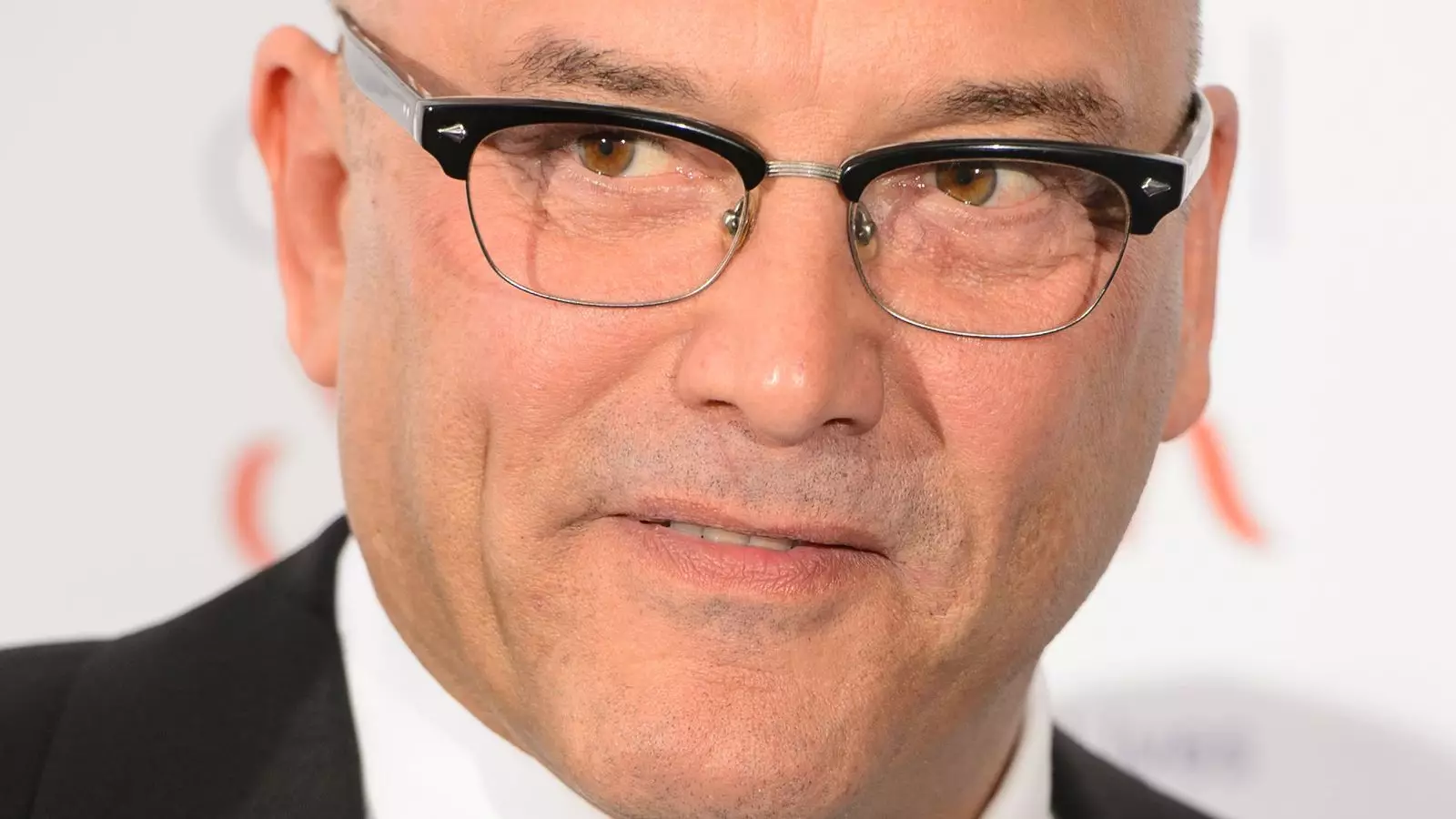In an era obsessed with celebrity culture and pervasive media scrutiny, the fall from grace often reveals more about societal expectations and societal biases than the individual’s actual misconduct. Gregg Wallace’s public disgrace and subsequent denial offer an illuminating case study into how fame complicates accountability and humanizes our perceptions of flawed individuals. Despite the severity of the allegations, Wallace’s assertions exemplify a troubling tendency: when confronted with accusations, some celebrities cling to innocence while simultaneously attempting to mitigate their actions by citing personal circumstances such as autism or cultural backgrounds. This approach raises profound questions about the legitimacy of moral defenses rooted in identity and the extent to which fame shields individuals from genuine consequences.
The situation underscores a persistent double standard—where a person’s reputation and career often seem to overshadow the gravity of their actions, especially when their public persona is beloved or commercially valuable. Wallace’s insistence that he is “not a groper, a sex pest or a flasher” reflects a strategy frequently employed by accused celebrities: deny the most damaging allegations outright while emphasizing contexts that might lessen the perceived severity. Such tactics propagate the dangerous misconception that reputation alone can absolve misconduct, which is a betrayal of justice and the ethical standards society should uphold. Society’s failure to confront uncomfortable truths head-on fosters an environment where redemption often appears conditional upon fame rather than genuine remorse or reform.
The Complexity of Human Flaws and the Limits of Excuse
While Wallace’s frame of defense hinges on personal traits like autism and a rough background, it falls short of addressing the core issues of accountability and respect. Autism, a neurological condition, does not serve as a license for inappropriate behavior, nor does it justify crossing boundaries. Equating neurodivergence with moral or social shortcomings risks trivializing complex conditions and perpetuating harmful stereotypes. His claim that certain behaviors were learned from a rough environment or his past career in a jovial, crude market reflects an uncomfortable tendency to normalize misconduct as an inevitable byproduct of background, rather than as preventable ethical failures.
Furthermore, framing inappropriate conduct as harmless or marginal—such as describing a brief appearance with a sock on his private parts as “amused or bemused” rather than distressing—erodes trust and minimizes the impact on victims. Genuine accountability demands acknowledgment of harm, not dismissal or contextual excuses. Wallace’s tears and expressions of fear about public perception reveal a different kind of vulnerability—one rooted in loss of reputation—not necessarily remorse for misconduct. This distinction is critical; when public figures prioritize their perceived image over accountability, they contribute to a culture that dismisses genuine victim experiences and discourages honest reflection.
Power Dynamics and the Illusion of Fairness
The allegations against Wallace and Torode, and their subsequent handling, expose an unsettling reality about how institutions and public opinion prioritize image over justice. Wallace’s vehement denial of wrongdoing contrasts sharply with the serious substantiated allegations—yet he remains a sympathetic figure, partly because his reputation and career are visibly at stake. Conversely, Torode’s alleged racist remark, which he claims to have no recollection of, remains unresolved, illustrating the often arbitrary and inconsistent processes of accountability.
This inconsistency reveals a troubling bias: allegations involving sexuality tend to attract more scrutiny and silence, especially when they threaten the perceived innocence of cultural icons. The fact that Wallace is now “scared to appear in public,” disguising himself and retreating into anonymity, underscores the social cost faced by those accused—costs that often outpace substantive justice. Society demands outrage, but it also grants immunity to those with fame, wealth, or social capital, creating an illusion of fairness that is often skewed in favor of the powerful. The decision by authorities and broadcasters to continue airing shows filmed before the allegations surfaced reinforces a disturbing acceptance of double standards—an implicit message that some misconduct can be tolerated or hidden in plain sight if it preserves the entertainment value.
Media’s Role in Shaping the Narrative of Redemption or Fall
Media coverage is integral to how society interprets these scandals. Sensational headlines and emotional interviews tend to focus on the individual’s remorse or victimization, often at the expense of nuanced discussions about systemic issues like consent, power, and accountability. Wallace’s references to Jimmy Savile and Huw Edwards—both associated with infamous scandals—attempt to position himself as a victim of unfair portrayal, but this tactic risks shifting blame and evading responsibility.
Moreover, the focus on psychological explanations—such as autism—can serve as a double-edged sword. While advocating for greater understanding, it also risks absolving individuals of moral responsibility. Society must grapple with the uncomfortable truth that flawed humans, regardless of neurodivergent traits or backgrounds, can still commit harmful acts and must be held responsible. Genuine progress will require more than superficial acknowledgment or defensive posturing; it demands a societal commitment to holding everyone, especially those in the public eye, accountable for their actions without prejudice or bias.
As long as the entertainment industry and media continue to champion celebrity figures over their victims, we risk perpetuating a cycle that excuses misconduct and trivializes harm. Society has a moral obligation to prioritize justice over spectacle—an obligation that begins with recognizing that flawed individuals are capable of change but must first accept responsibility for their failures.


Leave a Reply